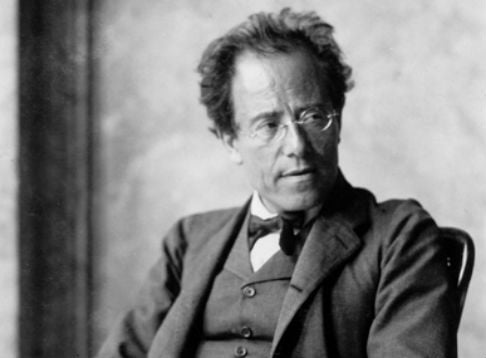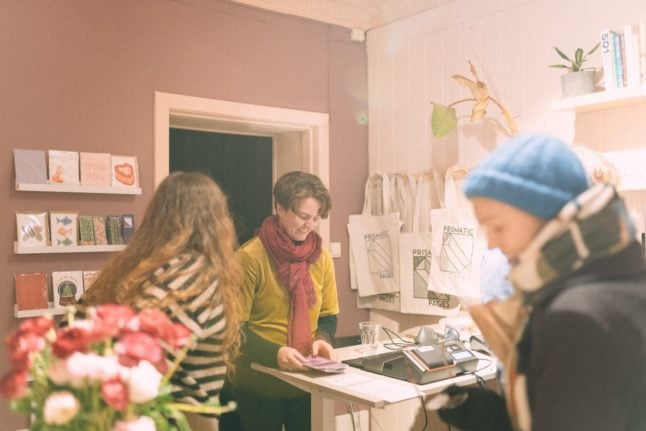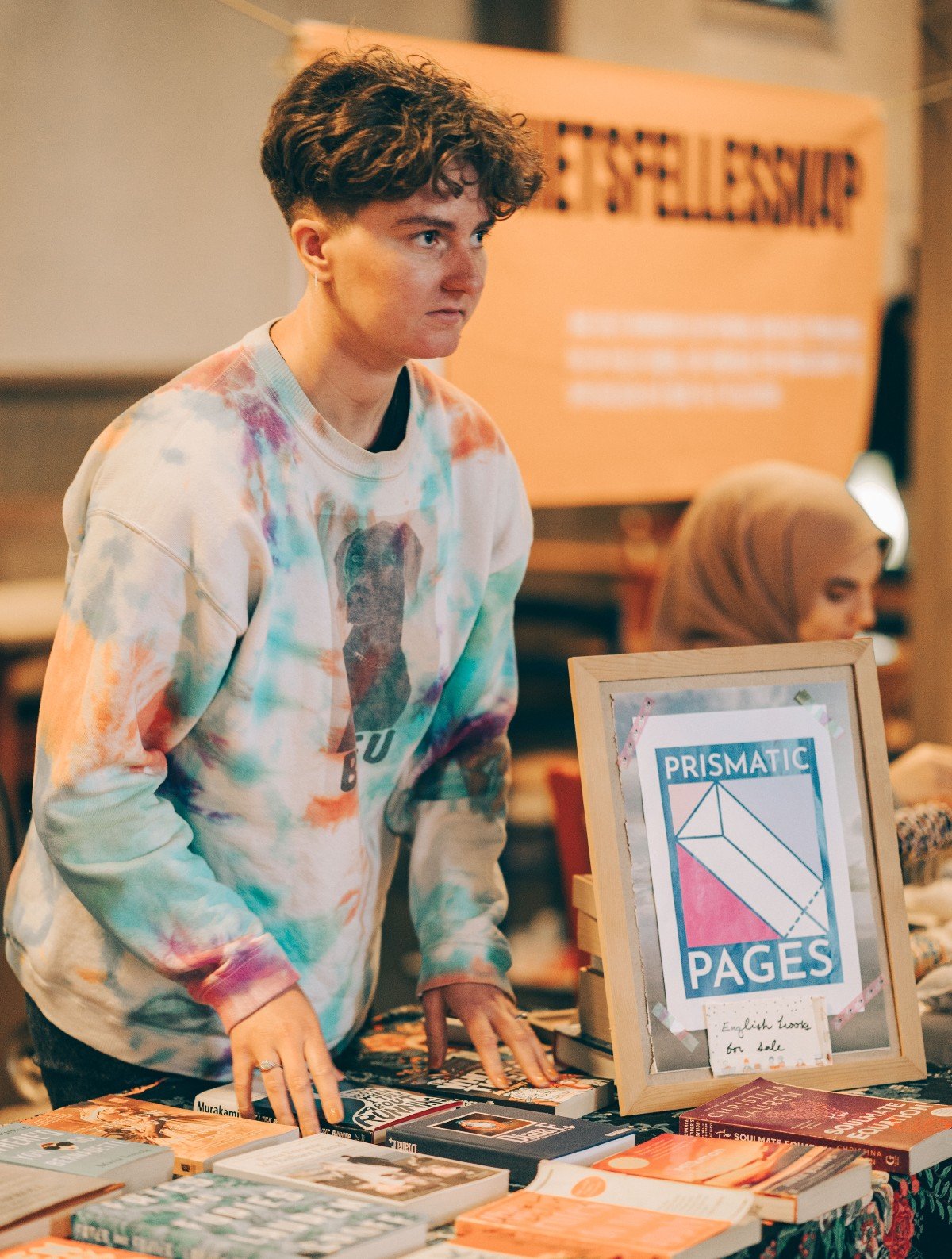The handwritten 232-page score includes the composer's deletions, alterations and annotations, many of them done in a vivid blue crayon.
The score was previously owned by US businessman Gilbert Kaplan who became obsessed with the work, known as the “Resurrection Symphony”, and dedicated his life to conducting it before his death earlier this year.
The only comparable sales, both sold at Sotheby's, were a manuscript of nine Mozart symphonies for £2.5 million in 1987 and the manuscript of Robert Schumann's Second Symphony for £1.5 million in 1994.
“The result establishes a new auction record for a musical manuscript,” Sotheby's said in a statement.
“The work retains the form in which Mahler left it, reflecting and revealing the compositional process for the work,” it said, adding that it was the only complete Mahler symphony ever sold at auction.
Kaplan became infatuated with the Austrian composer's symphony after seeing it performed at New York's Carnegie Hall in 1965. “Zeus threw the bolt of lightning. I walked out of that hall a different person,” Kaplan said.
The economist then trained with the world's top conductors to be able to perform the piece and went on to do so more than 100 times around the globe.
The monumental symphony premiered in Berlin in 1895 and is performed with a 90-piece orchestra, soprano and alto soloists, chorus and organ.
“This was the first major work that saw the composer confront the universal themes of life and death, which were so characteristic of his oeuvre,” Sotheby's said.
The manuscript was given by Alma Mahler, the composer's widow, to the conductor Willem Mengelberg, a friend of Mahler's, in 1920. Kaplan bought it from the conductor's estate in 1984.




 Please whitelist us to continue reading.
Please whitelist us to continue reading.